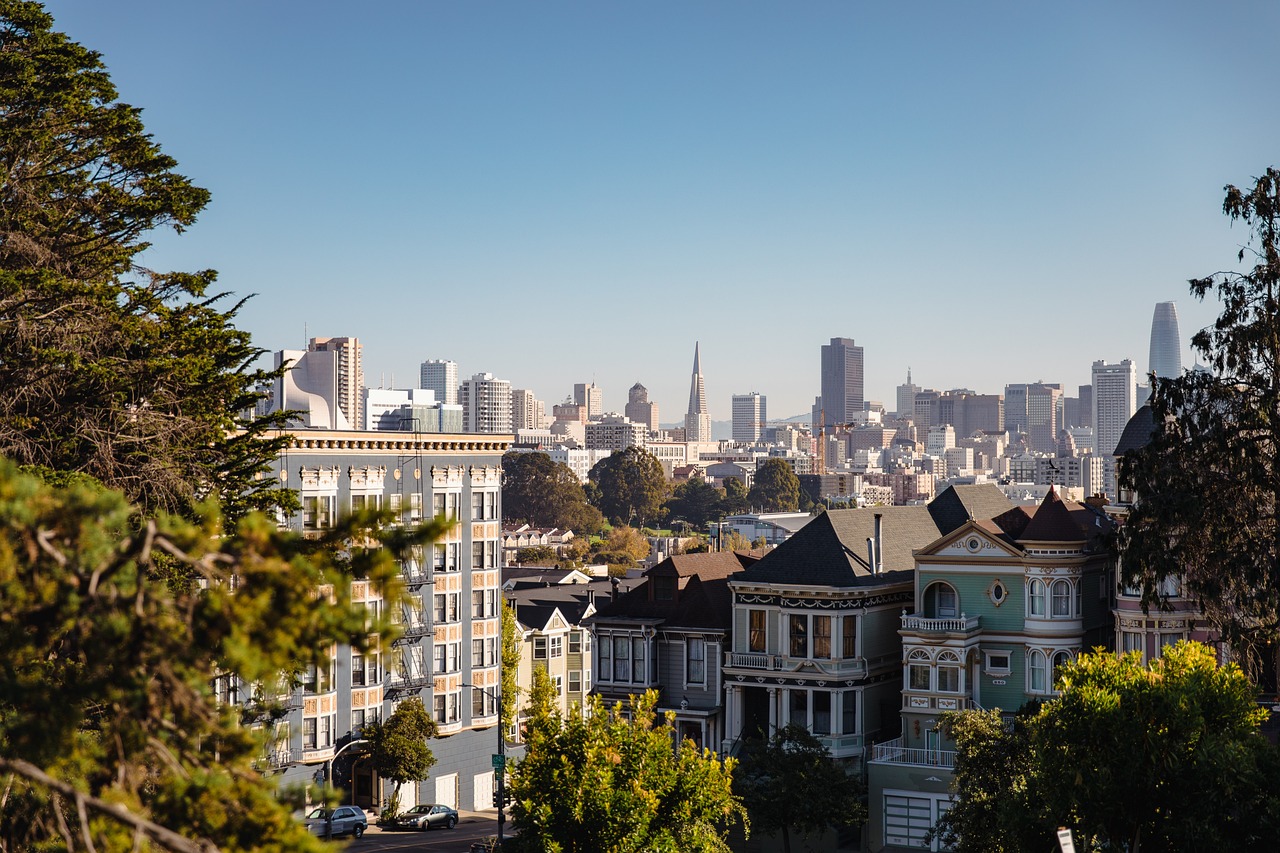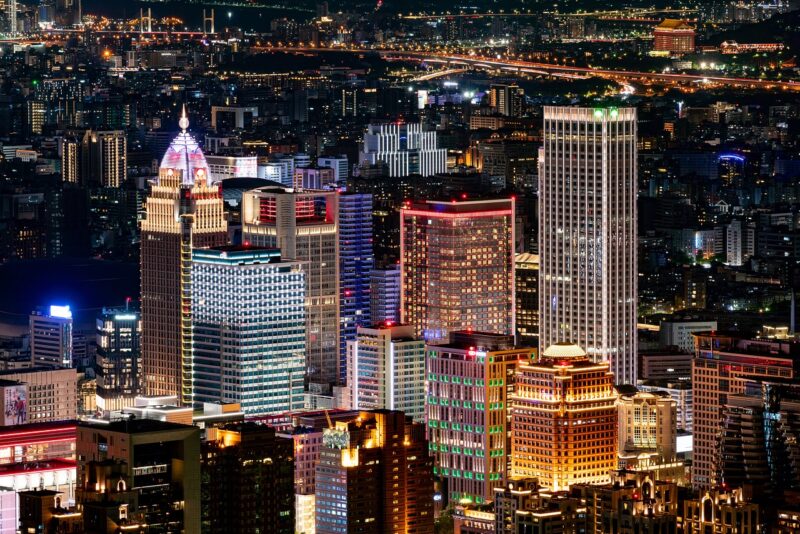San Francisco’s AI Commercial Real Estate Lifeline

San Francisco is down, but not out, with a potential AI commercial real estate lifeline coming to the rescue.
When MosaicML, an AI-focused company, was searching for new office space, CEO Naveen Rao was adamant about choosing San Francisco, despite personally residing in Southern California. Rao believes that, despite negative sentiments, San Francisco remains unmatched for building a business.
The COVID-19 pandemic hit San Francisco hard, and even three years later, its effects are evident with many renowned retailers vacating the once-buzzing downtown. Yet, a silver lining for the city has been the growing interest in generative AI technologies.
San Francisco as Center of Burgeoning AI Commercial Real Estate Industry
Alexander Quinn from the commercial real estate company JLL notes that AI companies are positively impacting San Francisco’s office leasing market. This surge in interest, he remarks, can be attributed to the AI trend that gained momentum, especially after the launch of OpenAI’s generative AI tool, ChatGPT.
Backing this observation, Rao mentions San Francisco’s unparalleled talent pool in the domain. His company, MosaicML, recently rented a spacious 8,000-square-foot office in the city. Furthermore, according to Quinn, around ten AI-based firms are actively seeking office spaces in San Francisco.
Reminiscing on San Francisco’s historical economic fluctuations, Quinn observed that the city is gradually recovering from the pandemic-induced slump, and with AI commercial real estate, maybe climbing to even higher heights than the 1990s-2020s tech boom.
Restaurant Real Estate Transactions Surge as Dining Out Makes a Comeback
SF Downtown Workforce Participation Lagging
However, the city’s comeback is not without challenges. A shift to remote work in 2020 caused a significant number of professionals to leave the city. In comparison to cities like New York and LA, San Francisco’s workforce return has been lagging.
This absence has led to a surge in office vacancies and a decrease in downtown retail activity. Westfield, a mall operator, recently returned its San Francisco Centre mall to its lenders after more than two decades, blaming the decision on plummeting sales and footfalls.
San Francisco’s commercial real estate sector, too, has felt the pinch. For instance, the 350 California Street office tower was sold in May for a fraction of its 2020 asking price.
Despite the setbacks, city leaders are optimistic. San Francisco Mayor, London Breed, proclaimed the city as the “AI capital of the world” and even proposed reinventing the urban landscape by replacing old retail spaces.
Six Major Cities Forecast to See a Significant Plunge in Commercial Real Estate Values by 2025
Brex Leases New Space in SF
Brex, a tech financial service company, also recently committed to the city by leasing new office space. Its founder, Henrique Dubugras, returned to San Francisco, emphasizing the city’s evolving AI ecosystem. Michael Tannenbaum of Brex compared the attraction of businesses to San Francisco to retailers desiring prime spots in upscale malls.
Yet, opinions on AI’s ability to rejuvenate the city are divided. Hans Hansson of Starboard CRE is skeptical. He argues that while some AI companies have embraced San Francisco due to lower rents, not all will contribute substantially to the city’s overall economy, particularly if many of their employees work remotely.
Quinn also acknowledged that while AI firms are a positive addition, and AI commercial real estate holds a great deal of promise, traditional businesses like banks and law firms are reevaluating their presence in San Francisco, introducing a dynamic the city isn’t familiar with. Only time will tell if artificial intelligence tech has the ability to pull the city out of its current slump.



